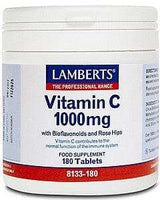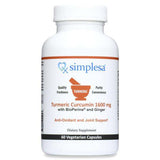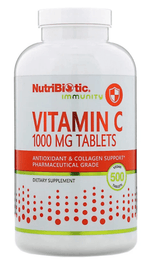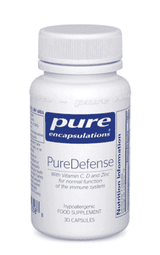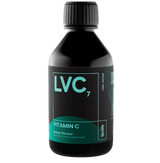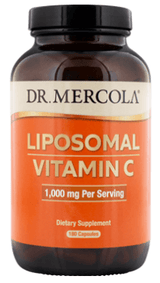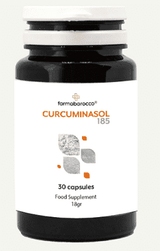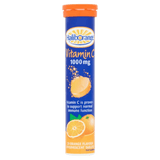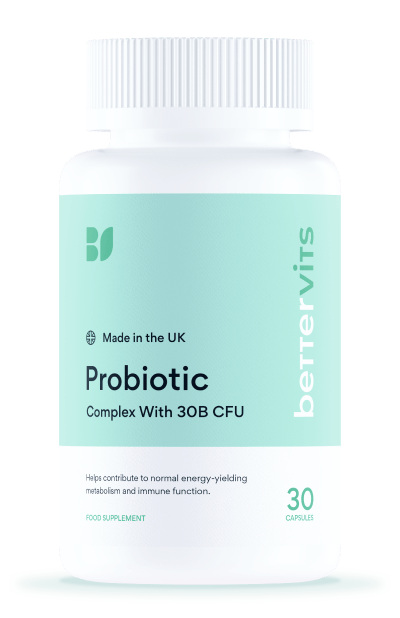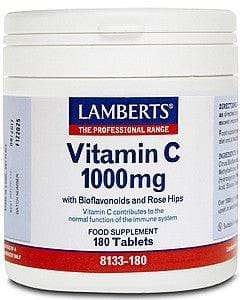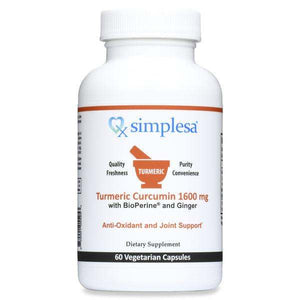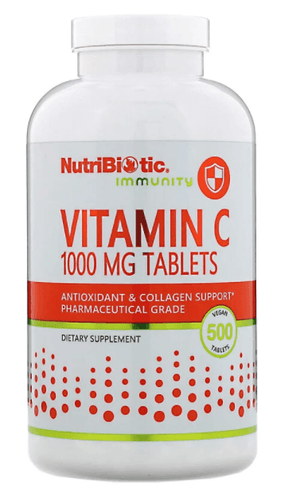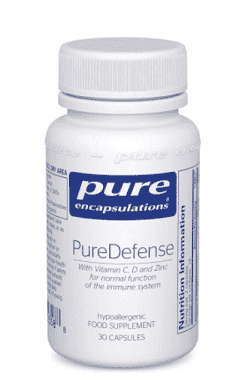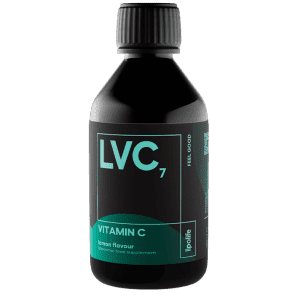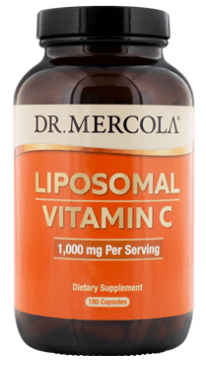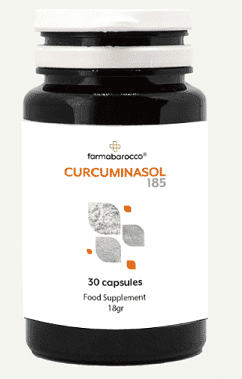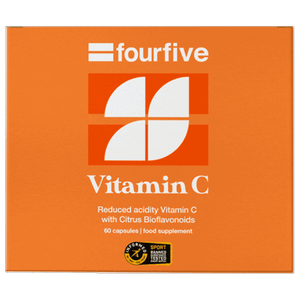Ginger Oil: Benefits, Risks and Uses


Related products
The ginger oil, derived from the rhizome of the ginger plant, Zingiber officinale, has been used in folk medicine for centuries. With this supposedly wide range of benefits, founded on years of empirical evidence and anecdotal reporting, ginger has become one of interest to modern integrative medicine. This article goes into the possible advantages, risks and different uses of ginger oil based on expert opinions and scientific statistics.

What are the Benefits of Ginger Oil?
Ginger oil is well-known for its anti-inflammatory properties. “Gingerol, one of the active compounds in ginger oil, has been reported to decrease inflammatory markers in several studies,” explains Dr Rachel Thompson, an herbal specialist.” A study published in the Journal of Medicinal Food found that ginger oil significantly decreased inflammation in patients with osteoarthritis, which led to a decrease in pain and improved mobility.
Another great benefit of ginger oil is its ability to reduce nausea and vomiting. A meta-analysis published in the American Journal of Obstetrics and Gynecology concluded that ginger including ginger oil was effective for reducing symptoms of pregnancy-induced nausea as well as chemotherapy-related ones. An oncologist called Dr Samuel Green says “Ginger oil can be a useful adjunct to conventional anti-nausea medications, offering relief without significant side effects”.
What are the Risks Associated with Ginger Oil?
Ginger oil, though good at most times, also comes with adverse effects. Skin irritation is among the common complaints registered by users. For this reason, a patch test must always be done prior to application on the skin. “Some people develop allergic reactions to ginger oils ranging from reddening of the skin, itching and even development of water-filled sacs which are referred to as blisters,” warns Dr Laura Stevens, a dermatologist.
However, there is a need for caution when using ginger oil internally. When taken in large quantities it can cause severe conditions in the gastrointestinal system such as heartburn or diarrhea. The National Centre for Complementary and Integrative Health recommends that pregnant women, persons having gallbladder issues or those on anticoagulant therapy should seek advice from medical practitioners before taking ginger oil.
What are the Uses of Ginger Oil?
In aromatherapy circles, ginger oil has become well known for its warming and invigorating effects. It may also be used to relieve stress and improve mood. As per a survey conducted by the National Association for Holistic Aromatherapy (NAHA), 85% of all practitioners use Ginger Oils as anti-depressants and anxiolytics respectively.” The aroma of ginger oils can stimulate areas of your brain that are responsible for happiness,” explains Dr Emily Roberts who is an aromatherapist.
Ginger oil is used topically for muscle pain relief and improved circulation. Find out more about other forms of ginger like Ginger Root: Uses, Side Effects & Interactions. A recent study published in the Journal of Alternative and Complementary Medicine showed that massages using ginger oil reduced chronic lower back pain better than standard treatments. Dr Mark Wilson, a physiotherapist says, “Ginger oil can be a powerful natural remedy for musculoskeletal issues instead of synthetic analgesics.”
People Also Ask
Can you rub ginger oil on your skin?
Yes, you can rub ginger oil on your skin. However, it is important to dilute it with a carrier oil, such as coconut or jojoba oil, to avoid skin irritation. Conduct a patch test first to ensure there is no allergic reaction. If any redness or itching occurs, discontinue use immediately.
How do you use ginger oil for belly drainage?
To use ginger oil for belly drainage, dilute a few drops of ginger oil with a carrier oil and massage it gently onto the abdomen in a clockwise direction. This can help stimulate circulation and support the digestive system. Performing this massage for 5-10 minutes daily can potentially enhance lymphatic drainage and reduce bloating. Always consult with a healthcare provider before starting any new treatment regimen.
Ginger Products from Welzo
Here are a few products containing ginger:
Welzo Turmeric & Ginger - 120 Orange Flavour Gummies
Welzo Turmeric & Ginger - 60 Orange Flavour Gummies
FermentActive Ginger, 150 g - New Roots Herbal
Ginger Root 550mg (180 capsules) - Nature's Way

Conclusion
Ginger oil has been widely cited as an effective alternative medicine due to its anti-inflammatory properties and ability to relieve vomiting/nausea. Nevertheless, it is important to take into account associated risks such as skin irritation and potential adverse reactions upon ingestion. The use of ginger oil in aromatherapy or topical applications is a way of improving health naturally as it is evidenced by scientific researches and expert opinions. For this reason, always consult with healthcare providers for its safe and efficient application towards individual health needs.




